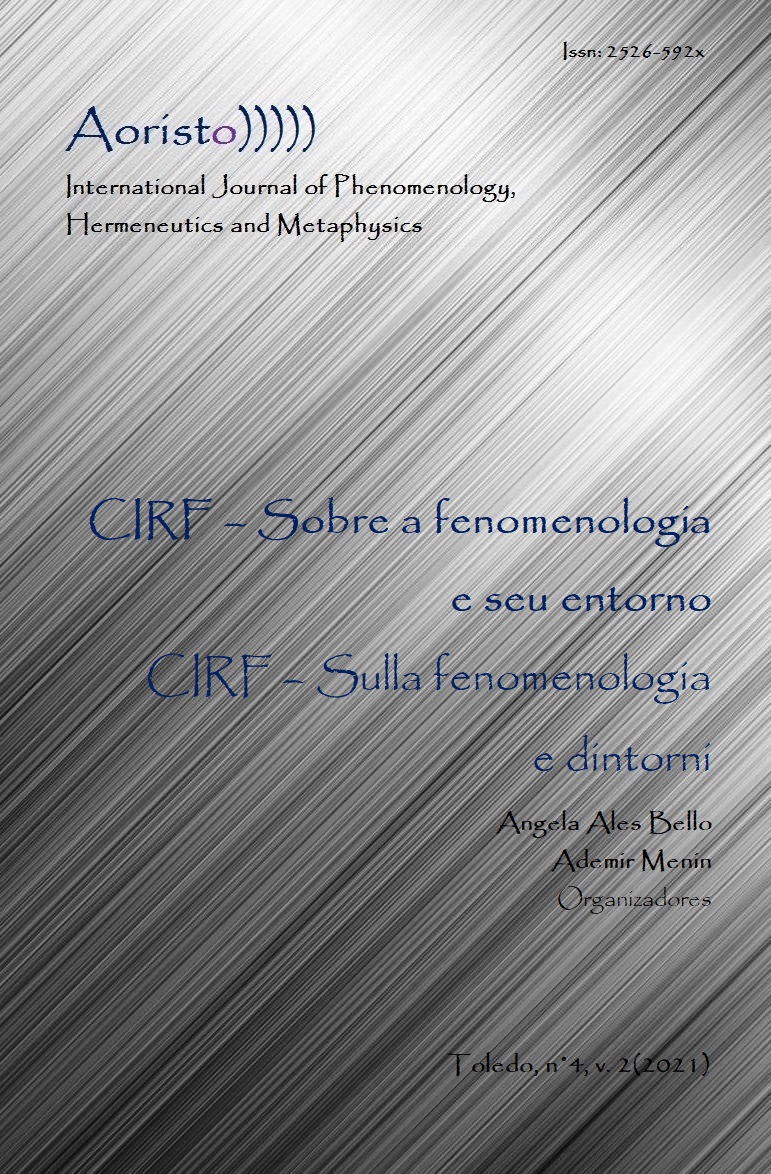Dynamic cognition applied to value learning in artificial intelligence
DOI:
https://doi.org/10.48075/aoristo.v4i2.27982Palabras clave:
Artificial intelligence, Value learning, Cognitive science, Dynamical cognitionResumen
Experts in Artificial Intelligence (AI) development predict that advances in the development of intelligent systems and agents will reshape vital areas in our society. Nevertheless, if such an advance isn't done with prudence, it can result in negative outcomes for humanity. For this reason, several researchers in the area are trying to develop a robust, beneficial, and safe concept of artificial intelligence. Currently, several of the open problems in the field of AI research arise from the difficulty of avoiding unwanted behaviors of intelligent agents, and at the same time specifying what we want such systems to do. It is of utmost importance that artificial intelligent agents have their values aligned with human values, given the fact that we cannot expect an AI to develop our moral preferences simply because of its intelligence, as discussed in the Orthogonality Thesis. Perhaps this difficulty comes from the way we are addressing the problem of expressing objectives, values, and ends, using representational cognitive methods.Descargas
Publicado
Cómo citar
Número
Sección
Licencia
Derechos de autor 2021 Aoristo - International Journal of Phenomenology, Hermeneutics and Metaphysics

Esta obra está bajo una licencia internacional Creative Commons Atribución-NoComercial-SinDerivadas 4.0.
Copyright Notice
1. I grant the AORISTO – International Journal of Phenomenology, Hermeneutics and Metaphysics the first publication of my article, licensed under Creative Commons Attribution (which allows sharing of work, recognition of authorship and initial publication in this journal).
2. I confirm that my article is not being submitted to another publication and has not been published in its entirely on another journal. I take full responsibility for its originality and I will also claim responsibility for charges from claims by third parties concerning the authorship of the article.
3. I also agree that the manuscript will be submitted according to the Aoristo’s publication rules described above.
License Creative Commons
This work is licensed under a Creative Commons Atribuição-NãoComercial-CompartilhaIgual 4.0 Internacional, which allows you to share, copy, distribute, display, reproduce, in whole or in part, for as long as there is no commercial purpose, and authors and source are cited.


